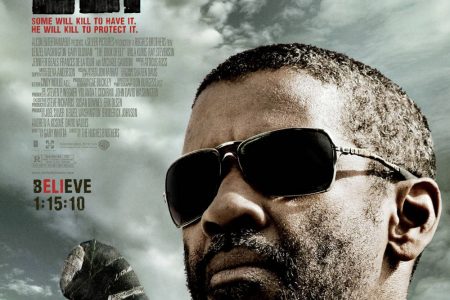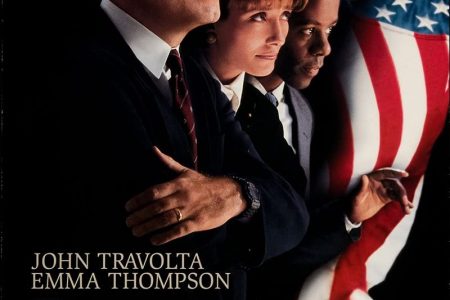As I said in my review of Frost/Nixon, I now have to see Michael Sheen films, especially when he is the lead and playing such a notorious real person as Brian Clough. The film is mainly about the 44 days in which Clough became manage of Leeds United in 1974 – he was following the beloved Don Revie (Colm Meaney), who had turned the club into the best team in the league and the most successful in its history before accepting the job of England manager, but Clough had also stated in the media how he thought Leeds were a dirty, cheating side who played ugly football. Not exactly the optimum conditions for the new manager …
The film switches back and forth between 1974, as the Leeds players refuse to accept him and the team has their worst start to a league campaign in 20 years, and 1968, showing how Clough (with his assistant manager Peter Taylor, played by Timothy Spall) took Derby County to the top of Second Division and then to win the First Division. He is an extremely charismatic but arrogant man, always challenging the Derby chairman (played by Jim Broadbent) but who couldn’t argue with his results nor his tough-but-fair approach to managing, even if he seems to love the media more than he should (he keeps the Leeds board of directors waiting while he does a television interview first). Having clashed one too many times with the chairman, he resigns knowing that it won’t be accepted because of his success – only for Broadbent to use it to finally get rid of him. Taylor gets him to accept the job of managing Brighton (who are languishing in the Third Division), but it is a step down, so he is only too happy to accept the job at Leeds.
The film is about one man’s hubris and his overwhelming desire to make Revie pay for the perceived slight of not shaking his hand when Leeds visited Derby for a cup match. He can’t see all the bad choices he is making at Leeds or how wrong he is for the club. Part of this is to do with his relationship with Taylor – Clough may be good but he needs Taylor to help him do the job, but it is also about how they are so close from working together that they make a dysfunctional married couple. To make this work, you have to believe in how Clough interacts with other people, and this is what Sheen does. It’s more than an impression (although it is an excellent approximation) because Sheen acts the part, which is the tricky part – you believe the arrogance and the passion and the lows. He dominates the film and the film is all the better for it – when the film ends (with Clough admitting his faults to Taylor and asking him to work with him again), it is not enough and you want more, especially as you know that his greater success was yet to come at Nottingham Forest.
The film is adapted from a much darker book by David Peace into a much more enjoyable period piece by Peter Morgan; it takes a few liberties with the exact timelines to make moments more dramatic, but you don’t care because the film is so good. The football in the film is downplayed – it is practically impossible to recreate football action on film, as many other films have shown – which is for the better, with real action and television footage bolstering the film more than anything artificial could. It also helps if you enjoy football but the film is still entertaining without prior knowledge of the game. Tom Hooper ably directs the film, and Spall and Meaney are great in their roles, but it is Sheen’s film – he is electric and hypnotic in the role, bringing the famous Clough lines to life and humanity to a man who was always larger than life.
Rating: DAVE




